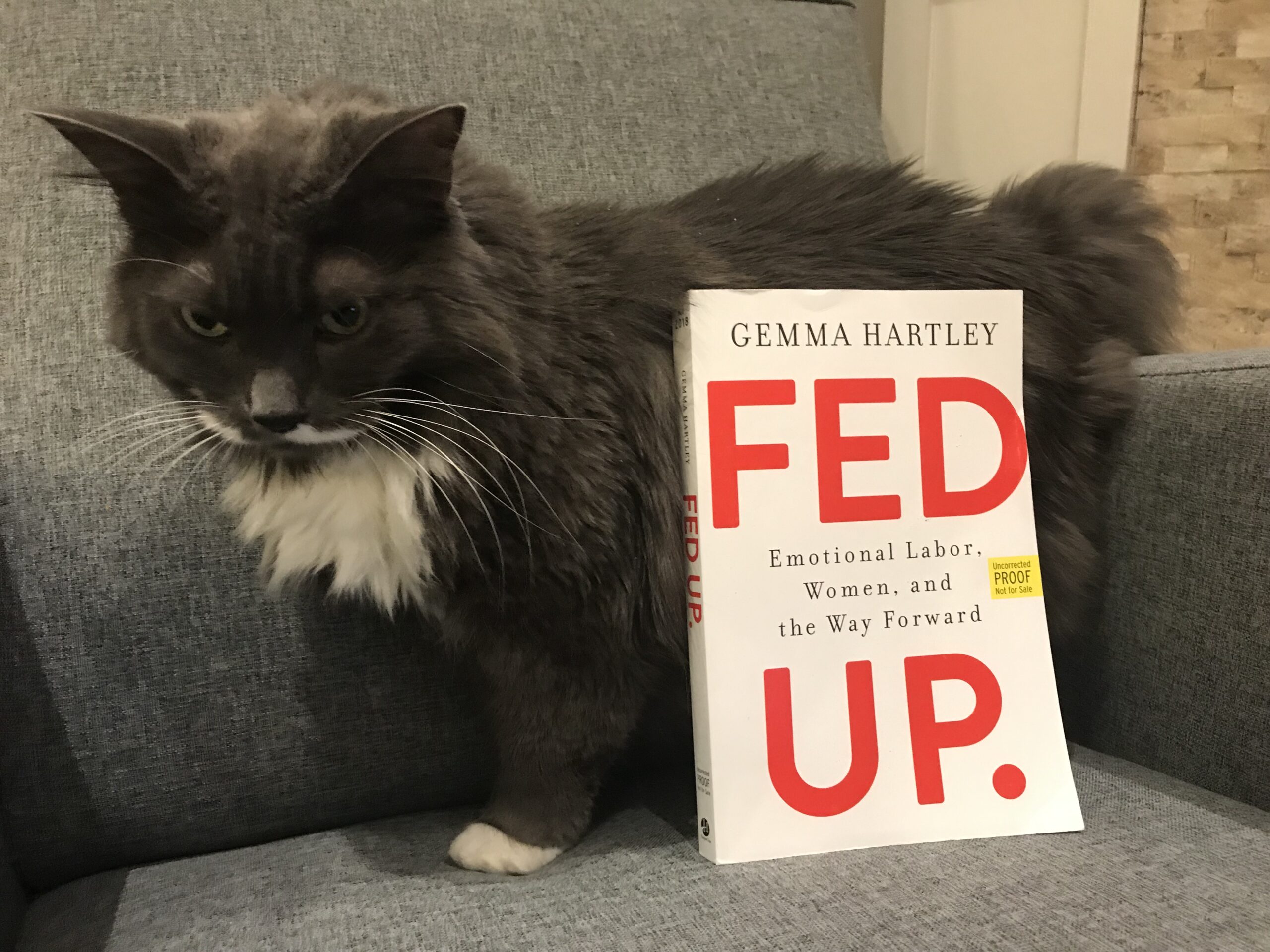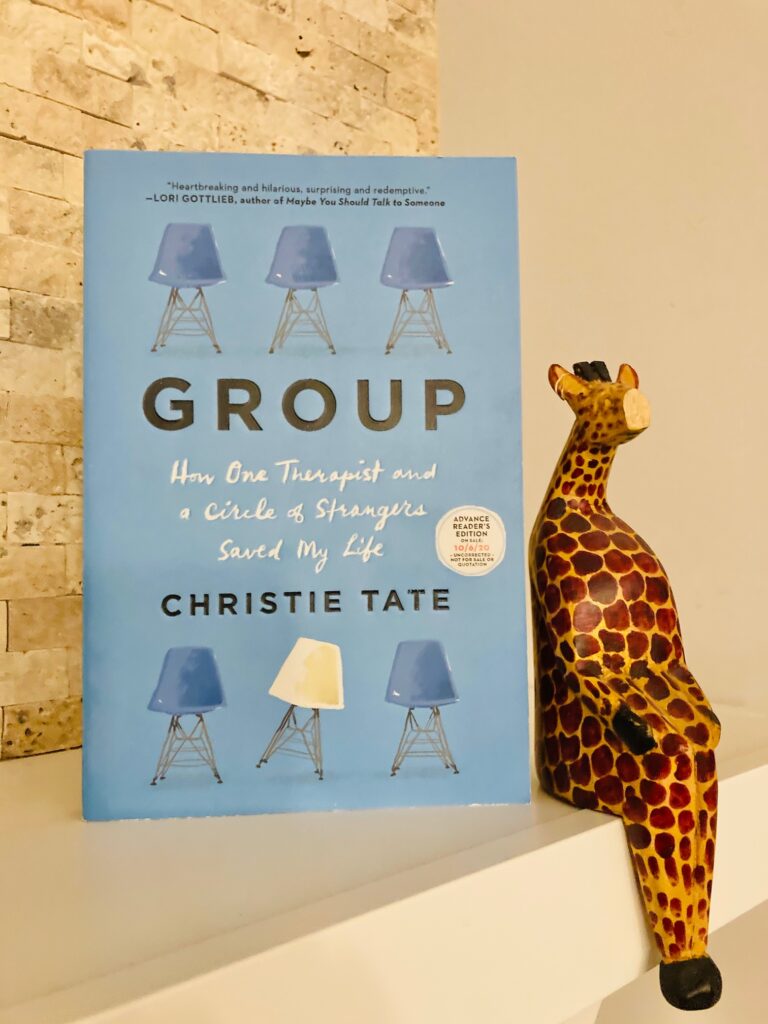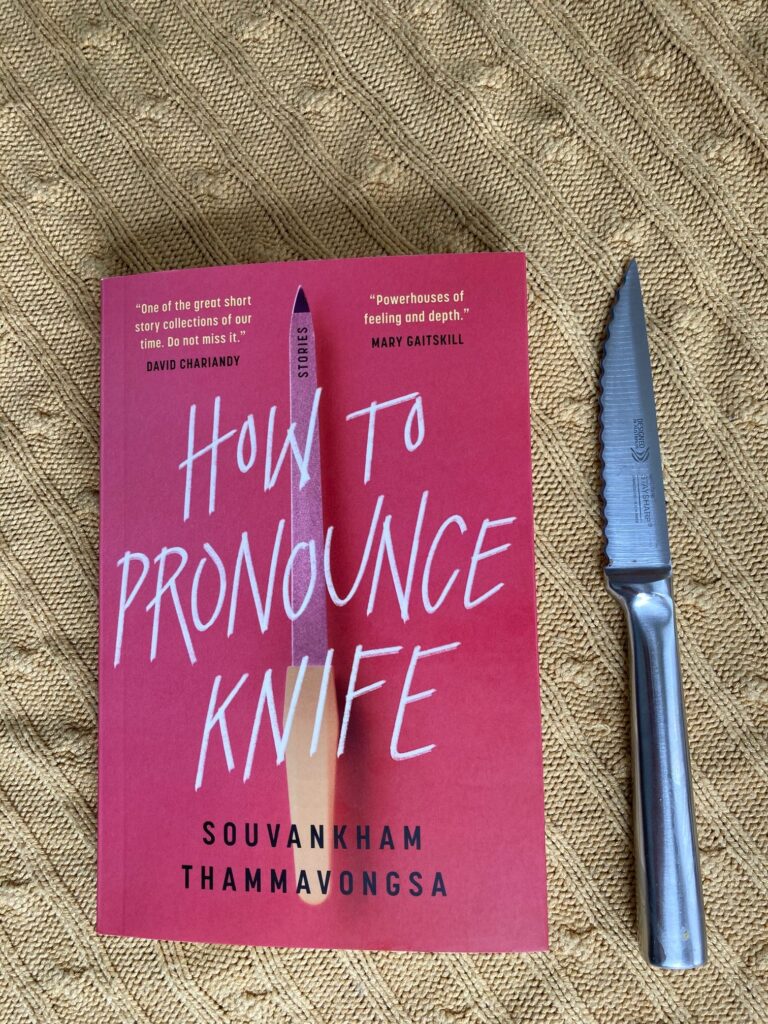Book Review: Fed Up by Gemma Hartley

I find the words ‘fed up’ particularly evocative. This may sound sexist, but I think women are pushed to this point much more than men, simply because we (females) take it upon ourselves to make everyone around us ‘comfortable’, whether we realize it or not. It’s not because we think it’s fun, or because we are particularly good it, it’s because that’s what society expects of us. We are the caregivers, regardless of whether we work outside the home as well, thus holding layers of invisible responsibility at any given time. Gemma Hartley, the author of Fed Up delves into this topic at length, explaining what emotional labour is, how women are susceptible to shouldering it, and how we can fairly include our husbands and male family members in this oft-overlooked division of labour.
The term emotional labour basically refers to everything we do to keep the household running, examples include reminding our husbands to call their mothers for their birthday, ensuring our children have comfortably fitting shoes, and signing all the necessary permission slips for school. But the other part of emotional labour is delegating other tasks and ensuring they get done; for example, I’ve reminded my husband about five times this week that he needs to purchase new christmas lights, and mount them this weekend (side note-I obviously wrote this blog post in December!). I’m not doing the work myself, but I’m managing it, and I’ll ultimately ensuring it gets done by nagging reminding my husband until he completes the task.
People who have followed this blog for awhile will recognize this topic, as it was also dealt with in the book How Not to Hate Your Husband After Kids, which I reviewed a few years ago. However, this book Fed Up is a more in-depth look at this problem with concrete examples and ways of moving past it with your spouse. Hartley even interviews other women who have successfully split up the emotional labour in their own households. One woman in particular admitted that when her husband took over the meal planning, they ate the same meal every day for a whole month, but at least it wasn’t her issue to deal with!

One of the big epiphanies of this book is that the main caregivers in a household have to relinquish control to begin an equal split of these tasks, and Hartley even admits that this is extremely challenging for her. I feel the same way; I’m an organized person who likes things done my way, and I’ll frequently just take things over from my husband so I can do it my way, as I am more strongly believe I am more efficient than he is.
Another interesting point that Hartley touches upon (briefly) is the fact that women of colour are forced to perform even more emotional labour to ensure other people are comfortable around them, simply because of the colour of their skin. One women tells a story of having to tell her kids to be quiet at a community pool, and less rowdy than the white kids because of the typical stereotypes they are constantly up against. So, women keep quiet and tell their kids to keep quiet to avoid a scene, lest they be labelled as ‘those kind of people’. Heartbreakingly, many minorities probably don’t even realize they do this because they’ve been conditioned to act this way all their lives in order to fit in better.
This is a really intelligent, well-written book that many women, young, old, married or single will benefit from reading; consider this the highest of recommendations.





This sounds like a book my husband should read!
*whisper* Do you ever wonder if they (husbands) do things slow or incompetently on purpose, HOPING that we will take it over? (My friend and I wonder about this a lot, but it also kind of suggests that we don’t trust our husbands.)
From what I recall this is addressed in the book. And yes, I totally agree that they do that on purpose.
Phew… not just me!
Smokey is a good kitty. I know lots of cats that would be like… no way, zoom
I know, she puts up with alot, mainly because she knows there’s typically a treat at the end of the tunnel for her haha
Yup, I’d recommend this book too :)
It was well-written to the point that it makes some guys furious and started talking back to Gemma hard-earned efforts.
I am new here as I saw the comments had been posted on 2019.
For your information, I’m a guy, 18 years old. I don’t have a particular reason why I read this book. Maybe I enjoyed reading and as I was reading about relationship books and alpha male, I stumbled across this.
Another good read for me is The Odd Girl Out: Hidden Aggression, Rage Becomes Her: Power of Woman’s Anger and Untangled.
It was a slow read for me but it’s definitely worth going on!
Welcome Nicholas! Nice to see you reading books that are probably going to make you angry – that’s brave of you! haha
It sounds like Gemma is being controlling and that’s she’s resentful that marriage and stay-at-home parenting hasn’t lived up to her expectations. And I’m guessing her husband is genuinely confused and frustrated that she isn’t clearly communicating her expectations. He’s most likely more laid back about the appearance of the house and doesn’t care if it looks “lived in.” I think their marriage would benefit from some counseling so that they can find some middle ground.
I think you’re right that her husband is definitely confused! I think marriage counselling always a good idea too, no matter how strong a marriage is it can always benefit!